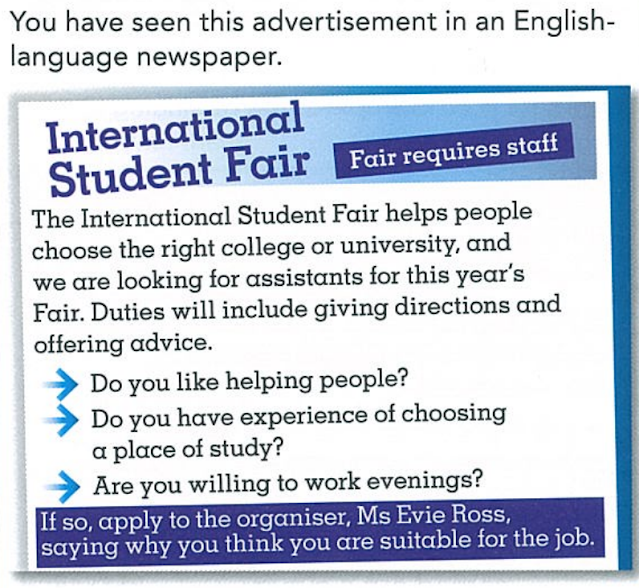The origins of Halloween
If you think of Halloween, you probably think of scary carved pumpkins,
all kinds of fancy dress and children asking for sweets. And if you think of a
country that celebrates Halloween, you probably think of the United States
first. Americans and Canadians have adopted Halloween in a big way, but
Halloween traditions actually come from 16th-century Ireland, Scotland and
England.
The tradition of Halloween on 31 October comes from the ancient Celtic
festival of Samhain. Samhain was the Celtic New Year and they celebrated it on
1 November because that was the end of summer and harvest time (life) and the
beginning of winter (death). It was also the time for ghosts to return to earth
for a day. People lit a big fire, wore special clothes made of animal skin and
hoped to be safe from the ghosts and the winter. In AD 609, the Catholic Church
put the Christian celebration of All Saints Day on 1 November. In AD 1000, the
church added All Souls Day on 2 November, and All Hallows Eve – or Halloween –
moved to the night of the 31st.
Pumpkins
The Celts carved faces into vegetables like turnips and potatoes to
scare the ghosts and other spirits and make them go away. It was sometimes
called a jack-o'-lantern because of an Irish story about a man, Jack. He played
a trick on the devil and then had to walk the earth for all time as a
punishment. Irish people who came to live in the United States in the 1800s
found pumpkins much easier to carve, and the tradition became the one we see
today.
Fancy dress
The Celts were afraid of the ghosts that came on Samhain. If they went
outside after dark, they covered their faces with masks. They hoped any ghosts
they met would think they were ghosts too and would leave them alone. In early
America, the Native Americans and the first Europeans celebrated the end of the
harvest, but not Halloween. When Irish people arrived, the harvest festival
started to look more like Halloween and it became popular across the country.
In the late 19th century, people tried to make Halloween less about ghosts and
religion and more about celebrating the season with a party for neighbours and
family. That’s why Americans today wear all kinds of Halloween costumes and not
just scary things like witches and ghosts like in other countries.
Trick or treat
This is another tradition that began in Europe, this time in England.
When the church introduced All Souls Day, rich people gave poor people 'soul
cakes', a small cake made with spices and raisins. It replaced the Celtic
tradition of leaving food outside houses for the ghosts. 'Going a-souling' was
popular in England for hundreds of years until about the 1930s. The Americans
kept the tradition, but today children knock on people’s doors and ask for
sweets. Going trick or treating is so popular that a quarter of the sweets for
the year in the United States are sold for this one day.
The rest of the world
Halloween has become the United States' second-biggest commercial
festival after Christmas. Halloween is also celebrated in other countries, but
it's not as big as in the United States, even in the countries where the
traditions began. Mexico celebrates the Day of the Dead from 31 October to 2
November and some of its traditions, like giving gifts of sugar skulls, are
starting to mix with Halloween. In this way, the celebration of Halloween
continues to change as new traditions join the oldest of the Celtic ones.
🎃
Team Discussion Points
- Origins and Meaning – What is the real origin
of Halloween, and do people today still celebrate it for the same reasons?
- Cultural Influence – Should Halloween be
celebrated in countries where it is not a traditional holiday? Why or why
not?
- Costumes and Identity – What do people express
through their Halloween costumes? Can costumes reflect personality or
creativity?
- Fear and Fun – Why do people enjoy being
scared during Halloween? Is fear an essential part of the celebration?
- Commercialization – Has Halloween become too
commercial, or is it just part of modern culture?
- Children vs. Adults – Should Halloween mainly
be for children, or is it equally meaningful for adults?
- Environmental Impact – How can people make
Halloween more sustainable (less plastic, reusable decorations, etc.)?
- Media and Stereotypes – How do movies and TV
shows shape our ideas of Halloween, witches, and monsters?


























